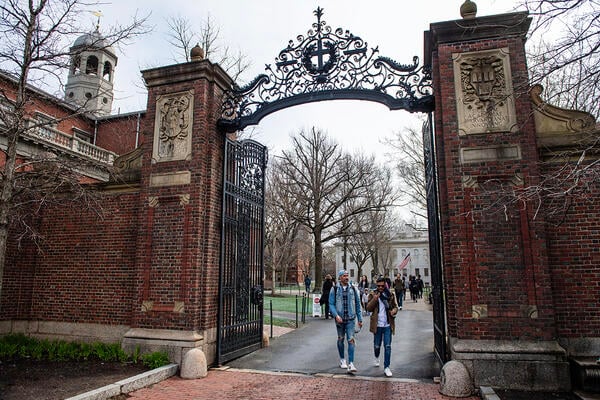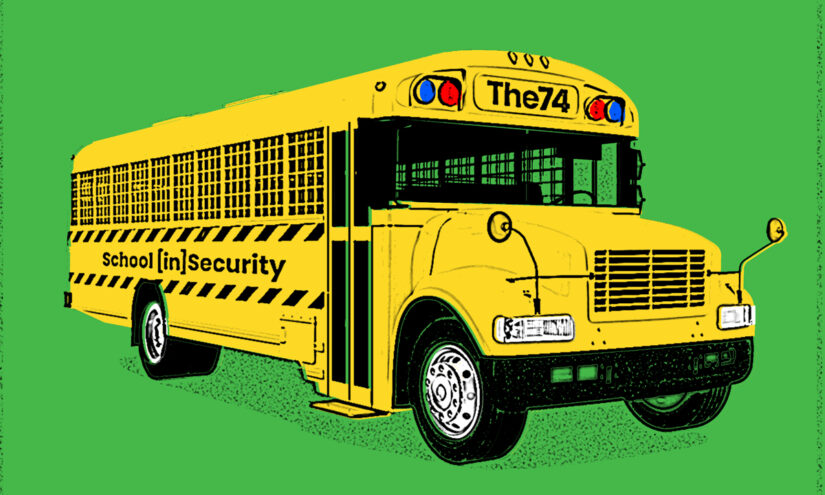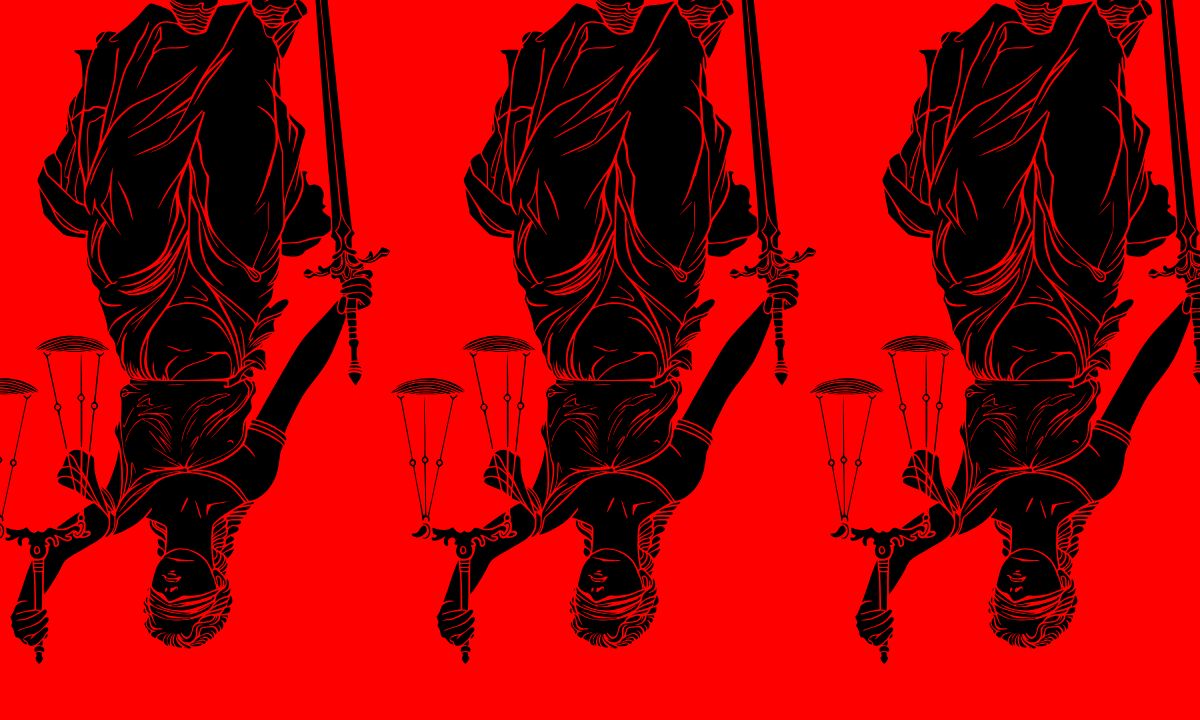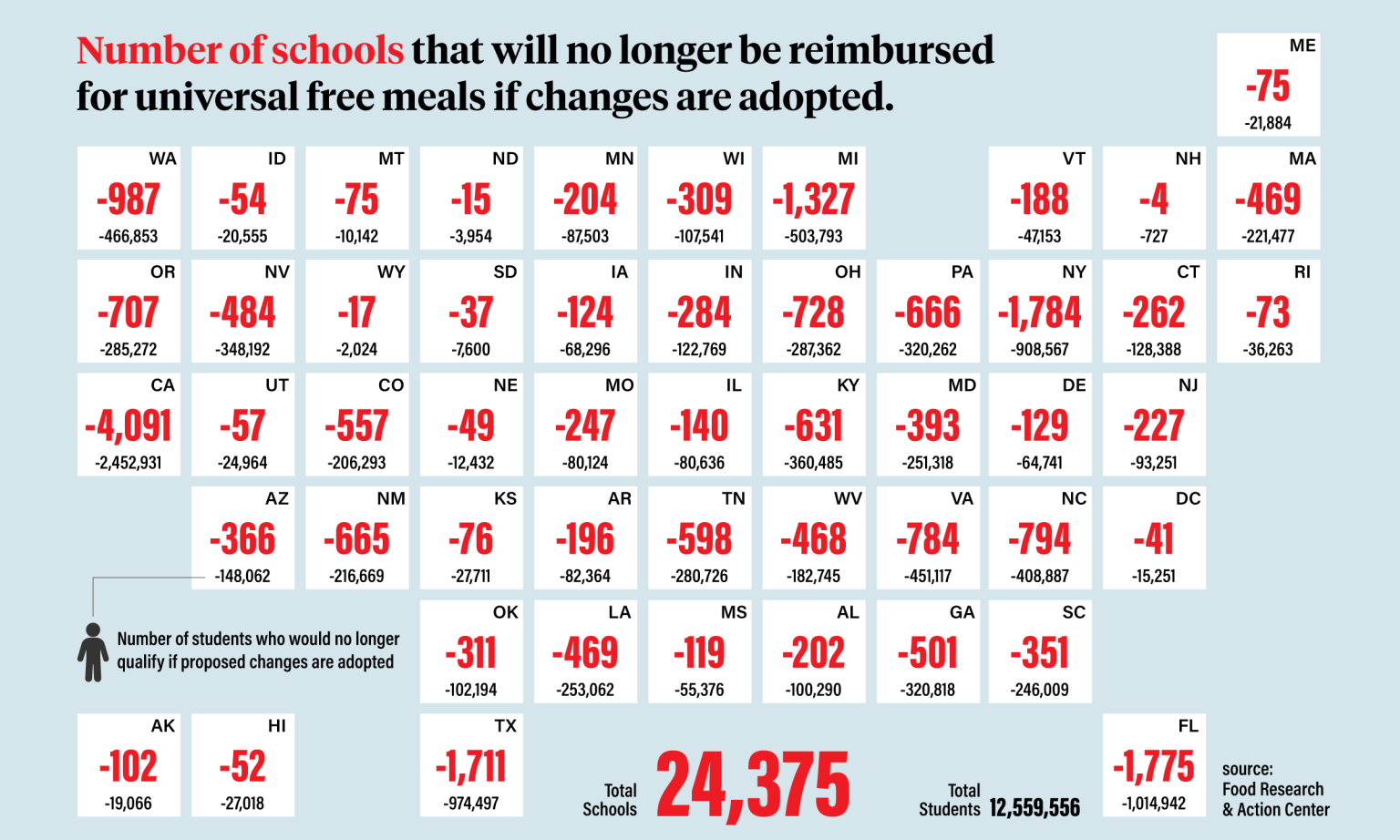In the days since Harvard University rejected the Trump administration’s demands, with billions in funding at risk, the U.S. president has weaponized multiple federal agencies to exert additional pressure on the university.
On April 11, the Trump administration sent the university a letter demanding changes to Harvard’s governance, admissions, hiring processes and more, signed by officials at the General Services Administration and the Departments of Health and Human Services and Education. Government officials argued in the letter that such changes were necessary because of alleged antisemitism and harassment on campus stemming from pro-Palestinian protests last spring.
After Harvard rejected those demands last week, the government retaliated within hours by freezing $2.2 billion in grants and another $60 million in contracts. The Trump administration is now reportedly planning to pull another $1 billion in funding. (On Monday, Harvard sued to put a stop to the funding freeze, which President Alan Garber argued was “unlawful and beyond the government’s authority.”)
Other federal agencies have also piled on.
On Thursday, Department of Homeland Security Secretary Kristi Noem announced DHS had canceled $2.7 million in grants to Harvard, declaring the university “unfit to be entrusted with taxpayer dollars.” Noem also threatened to terminate Harvard’s Student and Exchange Visitor Program certification, which would render it unable to host international students, unless the university provided by April 30 “detailed records on Harvard’s foreign student visa holders’ illegal and violent activities,” according to a Thursday news release from the department.
DHS did not respond to a request for comment from Inside Higher Ed.
Reports also emerged last week that the Internal Revenue Service was preparing to cancel Harvard’s tax-exempt status, a move President Donald Trump has endorsed on social media.
“Perhaps Harvard should lose its Tax Exempt Status and be Taxed as a Political Entity if it keeps pushing political, ideological, and terrorist inspired/supporting ‘Sickness?’ Remember, Tax Exempt Status is totally contingent on acting in the PUBLIC INTEREST!” Trump wrote on Truth Social last week.
With Harvard standing firm, the president appears willing to wield the full power of the federal government to bring the university to heel. But what would that actually look like in practice?
Stripping Tax-Exempt Status
If the Trump administration follows required legal processes, removing Harvard’s tax-exempt status would be a lengthy endeavor that experts say would likely take at least several months.
The process would begin with an audit, which itself could take a few months, explained Samuel Brunson, a professor at the Loyola University Chicago School of Law specializing in tax law.
“The IRS would have to do an audit of Harvard and determine that there were one or more reasons why Harvard did not meet the requirements for tax-exempt status,” Brunson said.
Once the IRS notified Harvard of its intent to revoke its exemption, the university would be able to appeal the decision directly to agency officials. If the IRS insisted on stripping Harvard of its tax-exempt status, the university could go to the courts seeking a reprieve. And if the courts sided with the federal government, Harvard could continue to fight by appealing the decision.
While stripping universities of tax-exempt status is rare, it has happened before.
In 1970, the IRS informed Bob Jones University, a private religious institution in South Carolina, that the agency planned to strip its tax-exempt status over racially discriminatory policies. At the time, the university, founded by its namesake evangelist, did not accept Black applicants—a policy it maintained until 1975, when it opened its doors only to married Black applicants, to avoid the possibility of challenging the institution’s strict opposition to interracial relationships. (Policies barring interracial relationships remained in place until 2000.)
The university filed suit in 1971, prompting a legal fight that lasted until 1983, when the U.S. Supreme Court ruled 8 to 1 in favor of stripping BJU’s tax-exempt status. Justices found that the government’s interest in eradicating racism superseded the tax burden placed on Bob Jones. The university eventually regained its tax-exempt status in 2017, during Trump’s first term.
Brunson expects the government to make a similar argument about Harvard.
“My assumption is that the Trump administration is going to argue that Harvard violated a fundamental public policy, either by not reining in pro-Palestinian, anti-Israel protesters enough, or something related to [diversity, equity and inclusion],” Brunson explained.
Still, he said “the chances of Harvard actually losing its exemption are at best minuscule.” Brunson believes that Harvard has a strong case, while the Trump administration’s argument is weak, “unless they have something up their sleeve that literally everyone is not aware of.”
The IRS did not respond to requests for comment from Inside Higher Ed.
Targeting SEVP Certification
The government is also seeking to inflict pain on Harvard by cutting off its international student population, which would be a significant financial blow to the university. Harvard enrolled 6,793 international students in the 2024–25 academic year, according to the university website, which comprised more than 27 percent of its head count.
If the Trump administration follows legal avenues to strip Harvard’s SEVP certification—which would prevent it from hosting international students— the process would take some time. First the federal government would be required to provide notice of its intent to eliminate that certification, and Harvard would have 30 days to respond and take any necessary remedial action. If Harvard’s SEVP certification was stripped following its response, the university could challenge the decision in court, likely triggering a protracted legal battle before the issue was finally settled.
William A. Stock, managing partner at Klasko Immigration Law Partners, wrote by email that while colleges are subject to an SEVP recertification process every two years, U.S. Immigration and Customs Enforcement has the authority to conduct off-cycle reviews at any time. Such enforcement action is typically taken only when the federal government “comes into possession of information that may indicate possible noncompliance, or when major changes in a school’s operations require the school to update their registration with SEVP,” Stock explained.
In other words, the Trump administration would need a reason to strip Harvard’s SEVP certification.
“Essentially, if the government determines that there is an abuse of the SEVP and F-1 and J-1 [visa] designation by Harvard, they can move to take away their ability to issue those visas, which would ostensibly hamper their ability to run an international student program,” said Jonathan Grode, managing partner for Green and Spiegel, a firm that practices immigration law.
Experts noted that losing SEVP certification would cause a substantial loss of international students and hit research projects hard—even as such endeavors are already in flux from the Trump administration’s freezes on federal funding—given the high share of Ph.D. students who come from other countries. And even if Harvard doesn’t lose its SEVP certification, the mere threat of it could harm international recruitment.
In any case, the federal government has rarely revoked SEVP certification.
“The few cases of withdrawal of SEVP certification have involved schools who took serious shortcuts in compliance due to financial troubles, and a handful of cases where school administrators were charged criminally for abusing the student visa system,” Stock wrote.
For example, Herguan University, a private institution in California, lost its SEVP certification in 2016 after officials there were accused of a scheme to commit visa fraud. That case culminated in a prison sentence for the university’s chief executive officer. Herguan later lost accreditation and closed.
By threatening to limit Harvard’s ability to host international students, Grode believes the government is merely making a power play to get the university to yield to its demands.
“In a normal universe, there’s no way Harvard’s status as a provider of student visas would ever be challenged,” he said. “But as the federal government is trying to push and cajole Harvard to acquiesce on a number of different points, you’re seeing them leverage these ancillary types of activities.”






